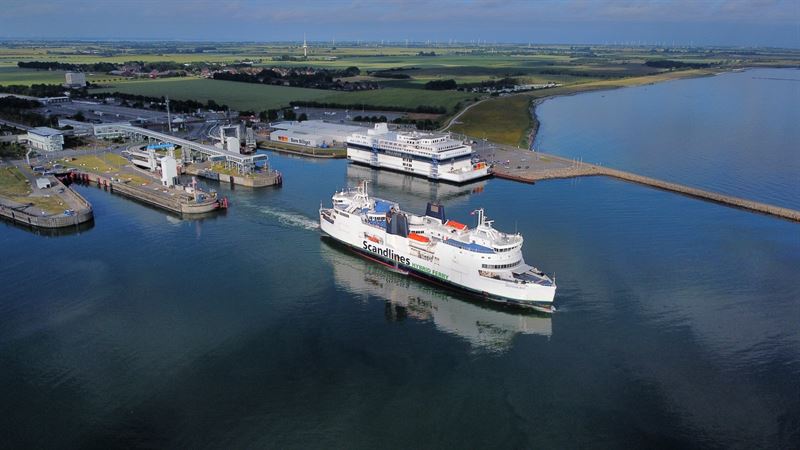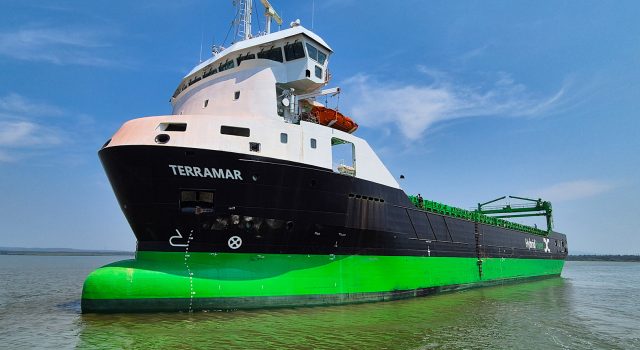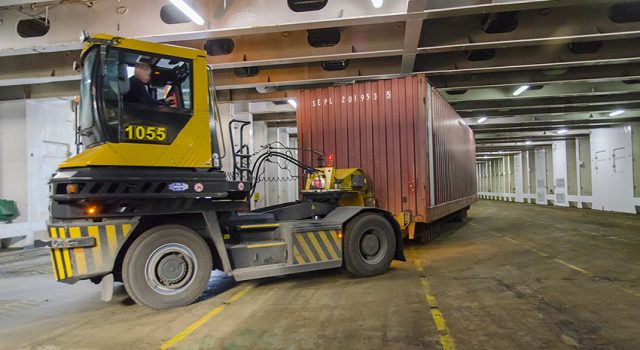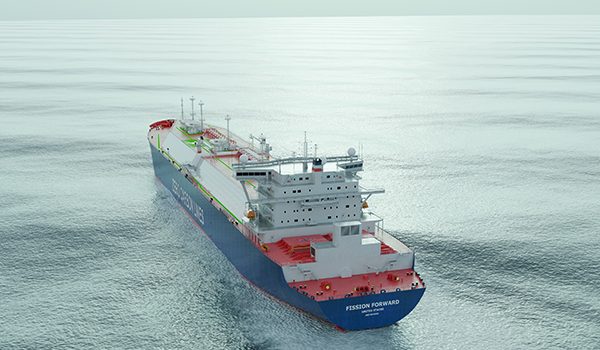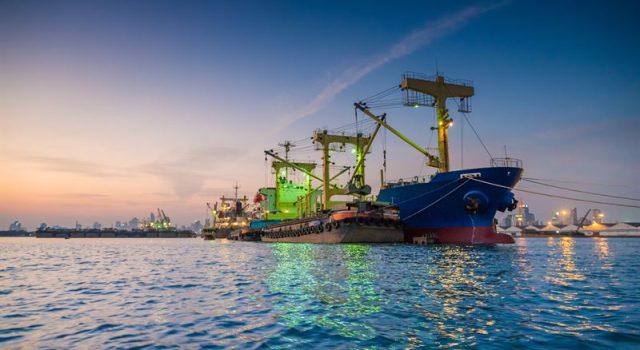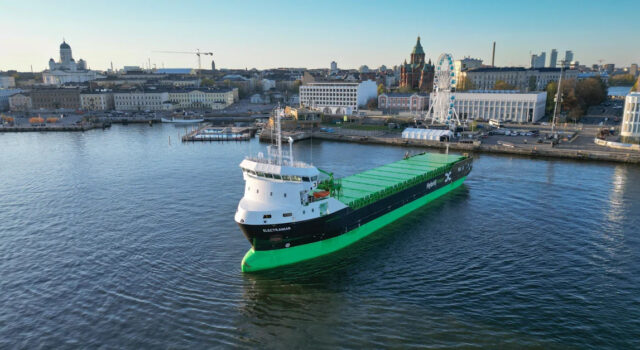The order with Wärtsilä will be booked in Q2 2024.
The project involves replacing an engine and existing systems with a new shore-charged electrical system, including a large energy storage system. This will allow electricity to contribute approximately 80 percent of the energy needed for each crossing.
”We are so pleased to have the most important supplier in place, and we are very much looking forward to working with Wärtsilä and getting started with the conversion. With the plug-in hybrid ferries, we can get even closer to our goal of operating the Puttgarden-Rødby route emission-free by 2030,” says Scandlines’ CEO Michael Guldmann Petersen.
Wärtsilä will engineer and deliver the hybrid converters, the energy storage system (ESS) and the energy management system (EMS), as well as the switchgears, transformers, the onboard port charger, and replacement components in the existing switchboard equipment. In addition, Wärtsilä will supervise the installations, carry out the commissioning, and provide preventive maintenance support services. The equipment is scheduled for delivery in summer 2025.
”We are excited to support Scandlines with their vision towards delivering environmentally sustainable transport options for the region. Ship electrification is one of the solutions for marine decarbonisation and as the world’s biggest conversion project of its kind, we can help Scandlines move closer to meeting their goal of making the route emission-free by 2030,” comments Roger Holm, President of Wärtsilä Marine and Executive Vice President at Wärtsilä Corporation.
The two Scandlines Ro-Ro ferries selected for conversion to plug-in hybrid operation are the 142 metres-long ‘Deutschland’ and ‘Schleswig-Holstein’.

